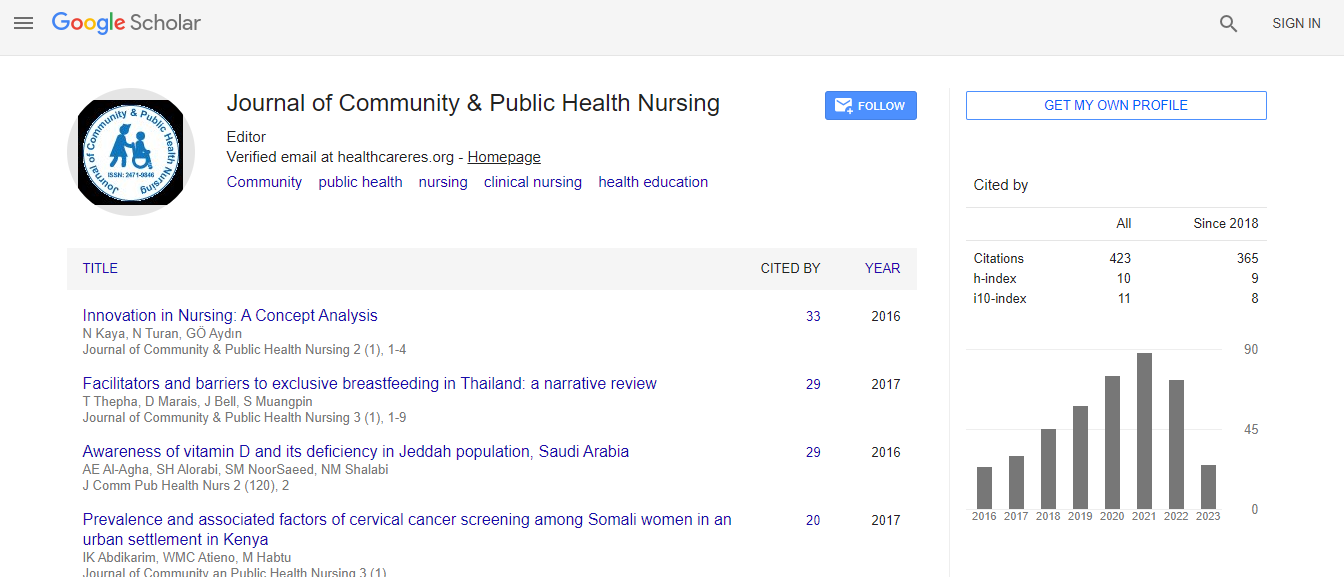Research Article
What is the Most Effective Intervention for the Management of Dental Anxiety among Adults? A Systematic Review of Interventions
Oyedayo Mary Oyekunle, John Fulton* and Catherine HayesDepartment of Applied Sciences, University of Sunderland, Sunderland, SR1 3SD, UK
- *Corresponding Author:
- John Fulton
Faculty of Applied Sciences
University of Sunderland, Sunderland, SR1 3SD
United Kingdom
Tel: +44 191 515 2529
E-mail: john.fulton@sunderland.ac.uk
Received date: November 16, 2016; Accepted date: November 23, 2016; Published date: November 30, 2016
Citation: Oyekunle OM, Fulton J, Hayes C (2016) What is the Most Effect Treatment for the Management of Dental Anxiety among Adults? A Systematic Review of Interventions. J Comm Pub Health Nurs 2:146. doi:10.4172/2471-9846.1000146
Copyright: © 2016 Oyekunle OM, et al. This is an open-access article distributed under the terms of the Creative Commons Attribution License, which permits unrestricted use, distribution, and reproduction in any medium, provided the original author and source are credited.
Abstract
This review aimed to find the most effective intervention for the management of dental anxiety among adults by way of a systematic review of Randomised controlled trials. Compared to European and US counterparts, the number of studies concerning the management of dental anxiety in the United Kingdom is limited. Several interventions have been reported with varying modes of action and duration. Two main groups of interventions: pharmacological and psychological/behavioural have been implemented. The pharmacological interventions employ the use of centrally acting sedatives whereas the psychological/behavioural interventions serve to change the behavioural and learning effects of dental anxiety. A third group operationally defined as “Complementary” for the purpose of this review consists of holistic therapies such as acupuncture, music distraction and aromatherapy for in the management of dental anxiety. Although reduction of dental anxiety before and after dental treatment has been recorded historically in the majority of trials, these have mainly investigated psychological/behavioural interventions. Exploring more recent trials, this study uncovers the benefits of complementary interventions for managing dental anxiety in adults and computer based variants of psychological/behavioural interventions. None compared the efficacy of one type or group against the other. Also, outcomes such as avoidance of dental treatment and economic implication of interventions were scarcely evaluated thus evidence on this remains inconclusive. The need for further investigation of these outcomes as well as those in Complementary Therapies is justified.

 Spanish
Spanish  Chinese
Chinese  Russian
Russian  German
German  French
French  Japanese
Japanese  Portuguese
Portuguese  Hindi
Hindi 
